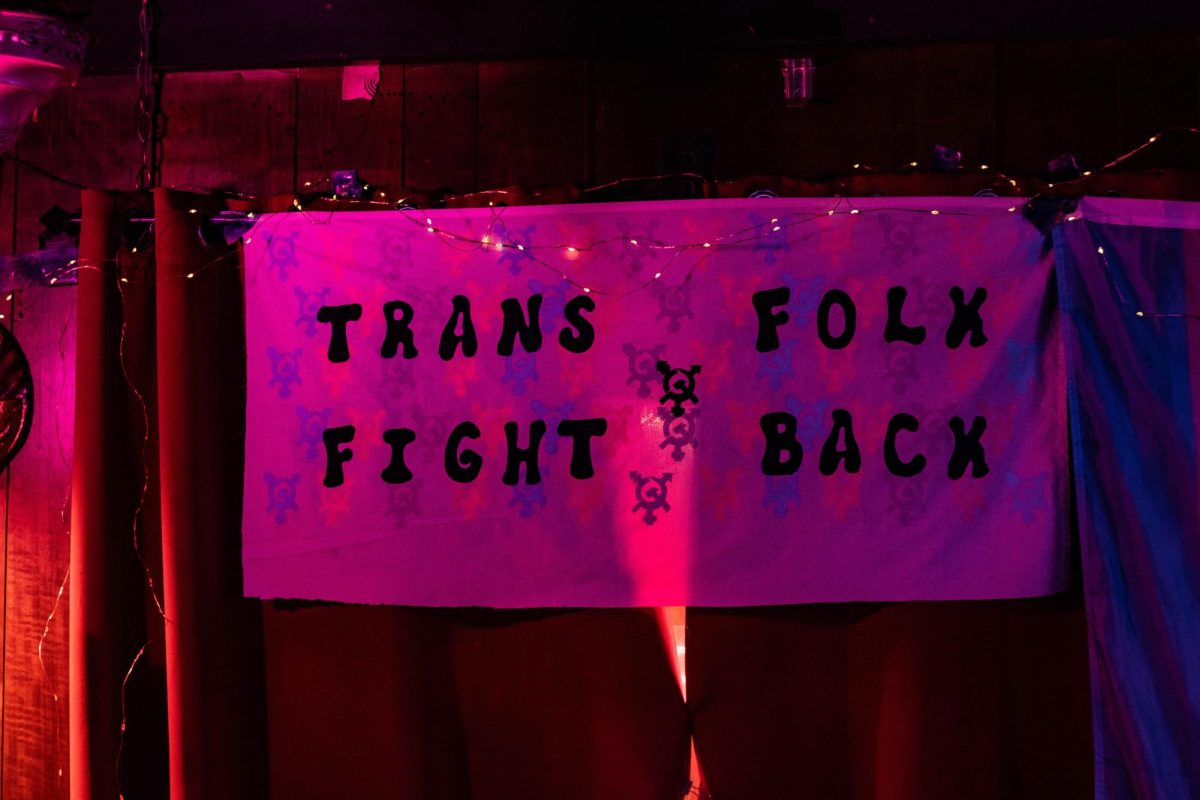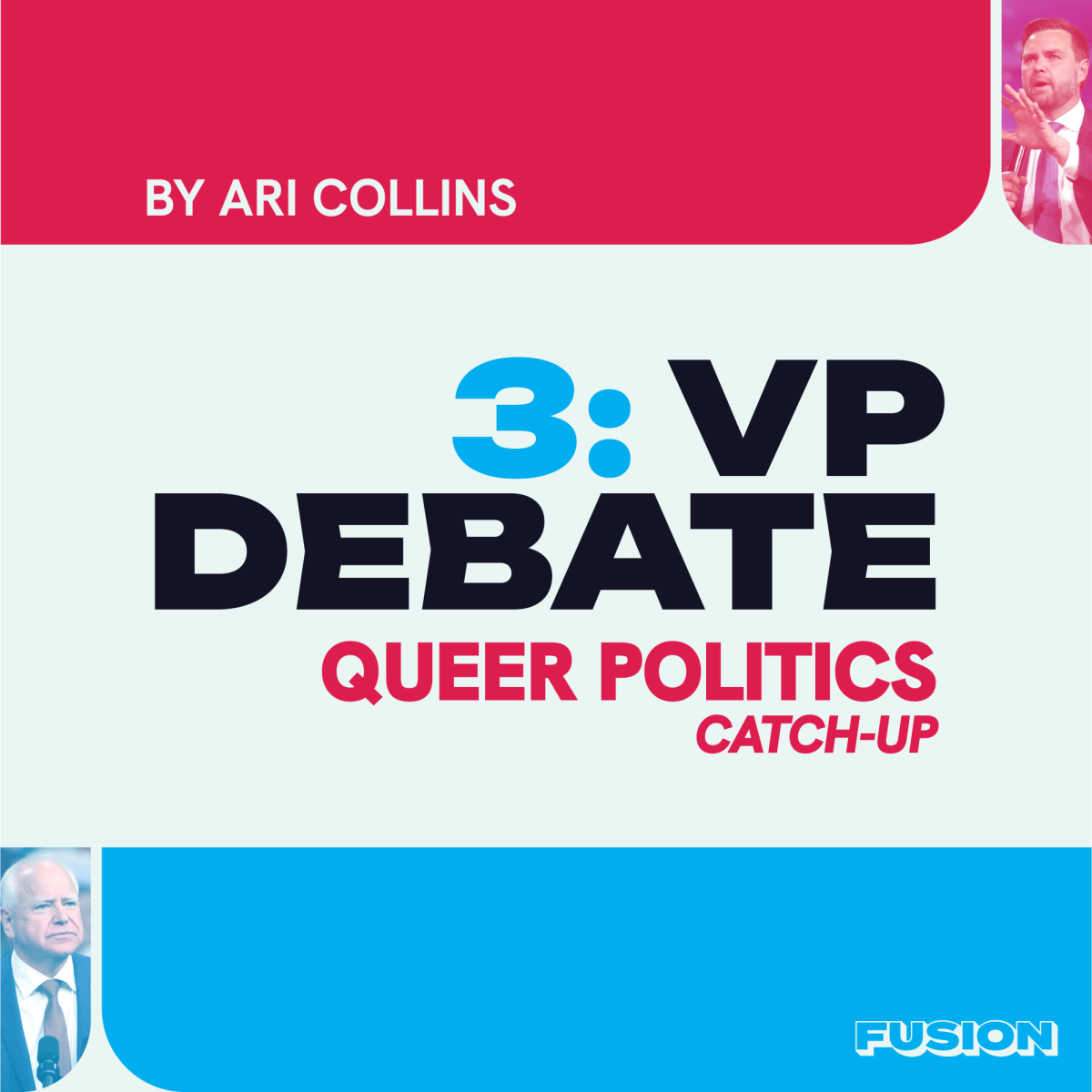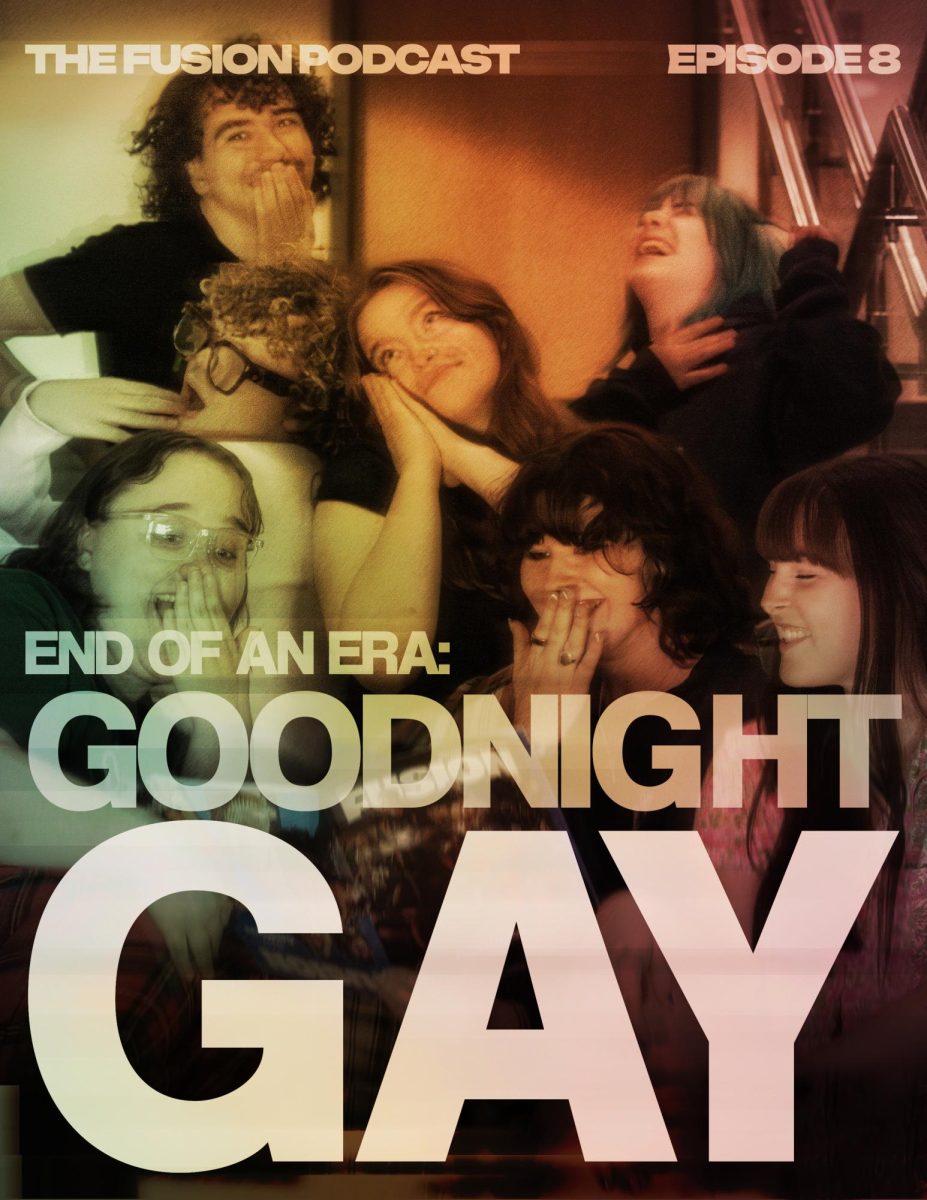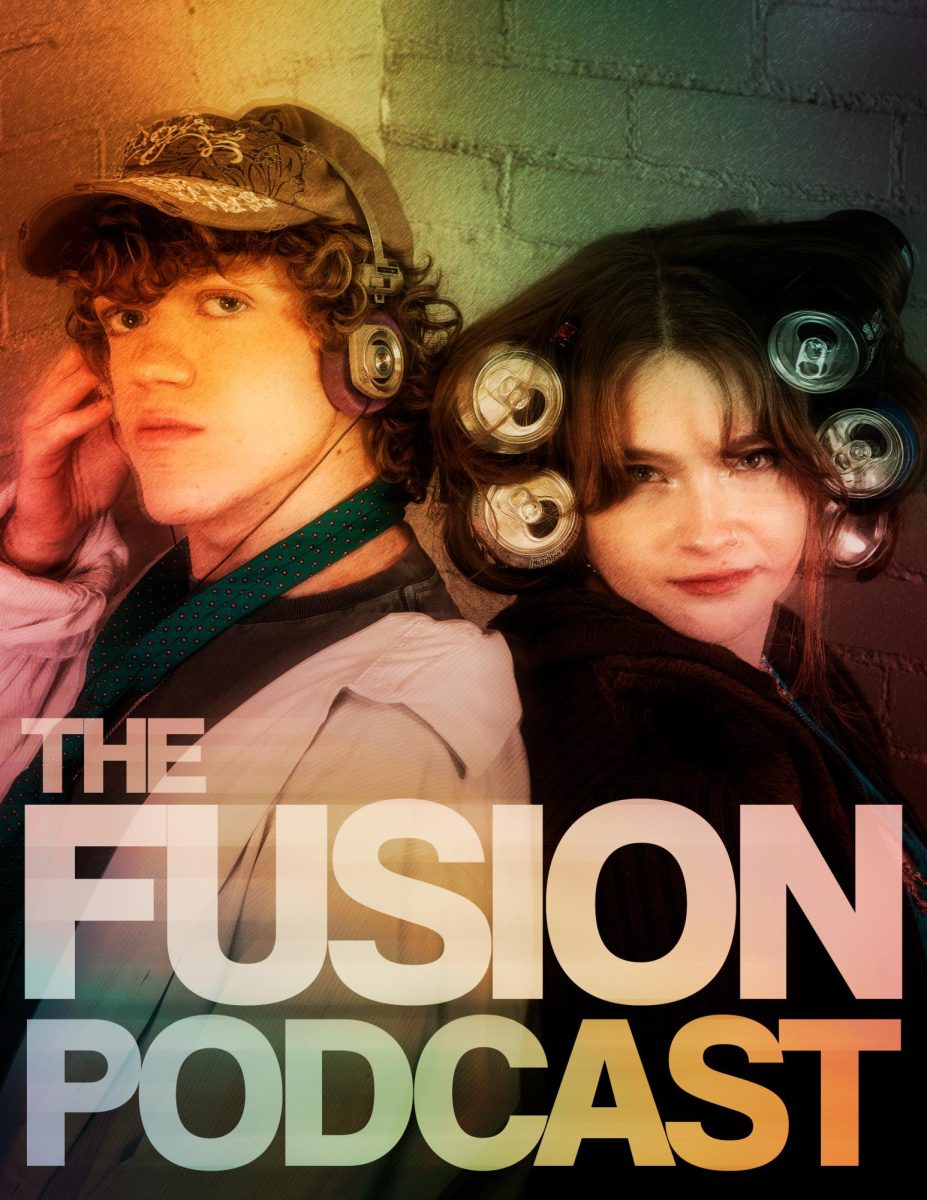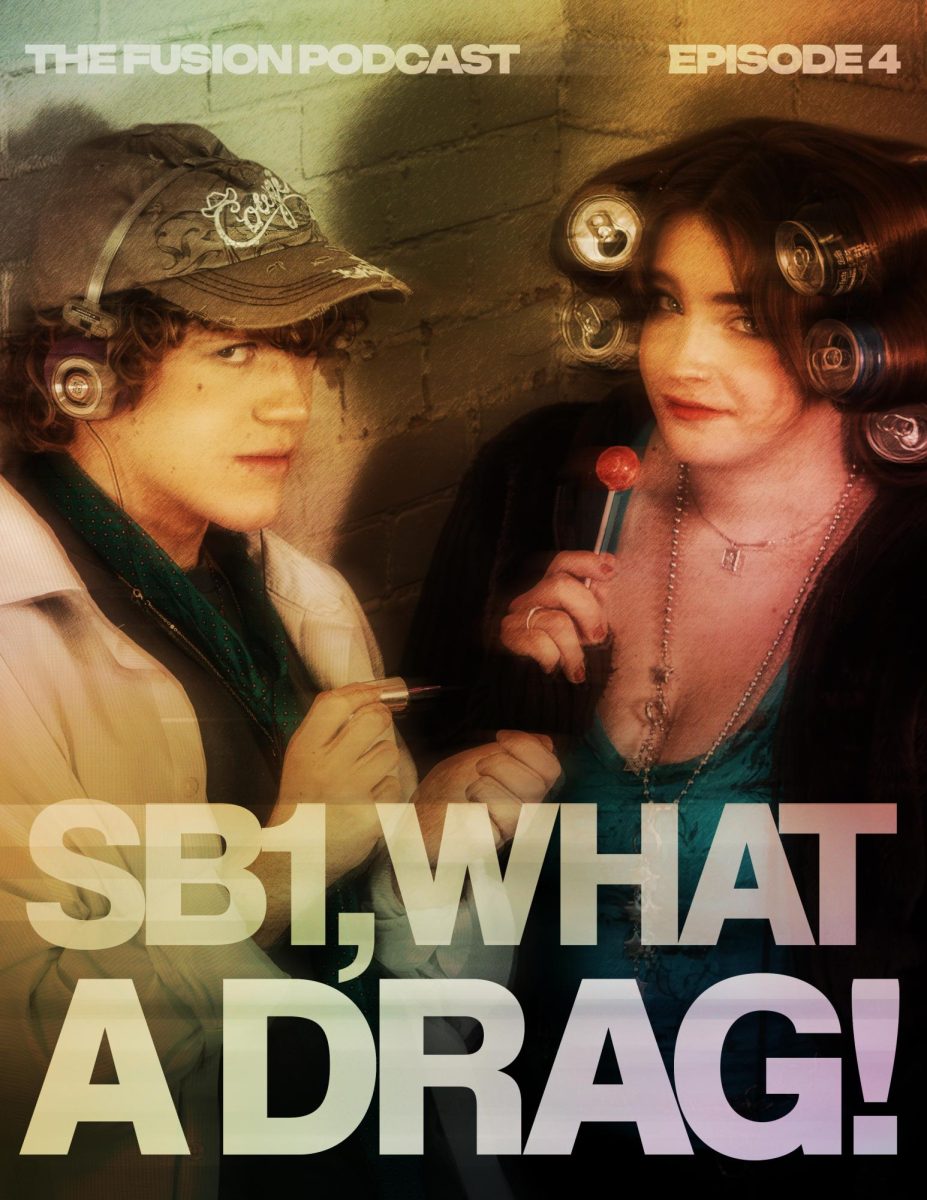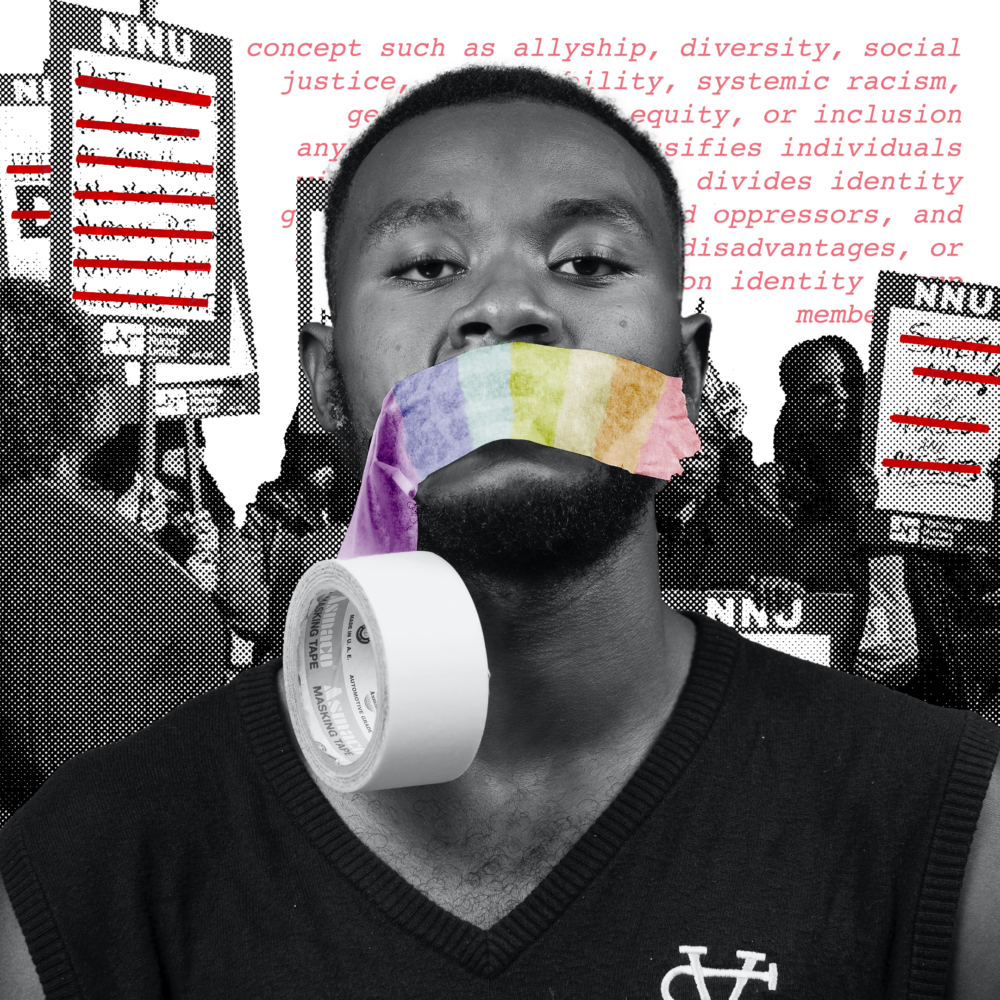Ohio Senate Bill 83, Higher Education, Diversity, and Labor Rights.
On May 17, 2023, the Ohio Senate partisanly passed Senate Bill 83, or the “Enact Ohio Higher Education Enhancement Act.” Introduced on March 13 by State Senator Jerry Cirino and others, the bill is intended to change Ohio’s public colleges and universities, as well as workers’ rights in the state.
Cirino and his co-sponsors have not responded to requests for comments.
Terminology, as passed by the Senate
“Controversial beliefs or policies,” are outlined as “any belief or policy that is the subject of political controversy, including issues such as climate change, electoral policies, foreign policies, diversity, equity, and inclusion programs, immigration policy, marriage, or abortion” (lines 710-714).
Intellectual diversity, according to SB 83, means “multiple, divergent, and varied perspectives on an extensive range of public policy issues” (lines 715-717).
“Specified concept” means “a concept such as ally ship, diversity, social justice, sustainability, systemic racism, gender identity, equity, or inclusion” (lines 718-720).
“Specified ideology” means “any ideology that classifies individuals within identity groups, divides identity groups into oppressed and oppressors, and prescribes advantages, disadvantages, or segregation based upon identity group membership” (lines 721-725).
What’s in SB 83
SB 83 begins with alterations to current policies on public higher education institutions’ endowments. Under this law, it appears that if a donor believes that an institution of higher education has violated SB 83, the donor can file a complaint with the state Attorney General.
Every institution of higher education (IHE) will have a chancellor, appointed by the governor. This chancellor is the only person who can permit mandatory DEI training, but this is up to their discretion and will be reported to the state.
IHEs cannot publicly endorse or criticize “controversial policies or beliefs.” This means as institutions, public universities and colleges cannot directly and publicly support or antagonize issues that are subject to political debate. According to this logic, Kent State University cannot as an institution defend or dissent policies regarding climate change action or legislation that attacks the LGBTQ+ community.
IHEs cannot publicly “endorse or oppose, as an institution, any controversial belief or policy, specified concept, or specified ideology, although it may endorse the [C]ongress of the United States when it establishes a state of armed hostility against a foreign power.”
Dr. Deborah Smith, KSU’s representative for the American Universities Professors’ Union. She said in an interview that “the university under this bill couldn’t assert that there is systemic racism, or people have implicit biases, but a faculty member expert in, say psychology, can assert that in the classroom.”
Academics in SB 83
All faculty and staff members’ syllabi will become public information, and must be searchable for keywords. Instructors include personal information on syllabi, like their email addresses and sometimes personal phone numbers; these too will become public information. Instructors will risk losing privacy if they make contact information for students available on the syllabus.
Professor Wendy Patton, a professor in the Political Science department and the coordinator of the Columbus Study Away program, discussed the bill with a class.
There were two sides to the syllabi requirement: “[Students] were overjoyed,” said Patton.
However, professors may experience a loss of privacy as a result of SB 83.
Intellectual diversity
Intellectual diversity has come up often in SB 83 and its surrounding controversy. The bill requires faculty and staff to ensure “intellectual diversity” for general education requirements.
Smith is a professor of philosophy. She said that in courses where there is no consensus—especially in an academic field like philosophy—professors have a duty to ensure that multiple viewpoints are discussed.
However, the version of SB 83 passed by the Senate in May defines “intellectual diversity” as controversies over public policy.
According to Dr. Smith, public policy usually comes up as what the current policy or legislation is, such as current standards on treating human subjects in experiments. “The law is the law . . . The question of what the law is, is [indisputable].”
The tricky part is when policymakers have reached a consensus, but the general American population has not. “Areas in history, sociology, psychology, climate science, those kinds of things where there is overwhelming consensus among the disciplinary experts, and there it wouldn’t make sense to teach alternative theories . . . the role [of professors] is to teach what experts say.”
“Where there is genuine controversy among disciplinary experts, yes, we should teach all the controversies . . . and let the students fall where they fall. But I think the bill and the proponents of the bill think the region of controversy is far wider than it is.”
SB 83 and labor rights
Employees of any public IHE have been added to the list of professions’ unions that are legally prohibited from striking. The list includes members of an exclusive nurses’ unit, employees of any public employee retirement system, and first responders.
Although there is still a process of conciliation and collective bargaining, the loss of strike will have consequences.
Dr. Deb Smith is the union representative in Kent State University’s chapter of the American University Professors’ Union. She explained, “It weakens a union when you lose the power to strike. The conciliation process isn’t nothing, but it would weaken our bargaining union if we weren’t empowered to strike.”
She clarified that strikes are not common in higher education. “Faculty know it [strike] disrupts the students’ education. At a research institution like Kent State, it disrupts grant-funded research. It is absolutely a last resort.”
As of now, there is no KSU student workers’ union; student laborers would not be directly impacted by the labor rights section of SB 83. However, unionized non-student workers—professors, researchers, dining hall workers, maintenance staff—would lose their power to strike for better working conditions.
Responses to SB 83
On May 1, 2023, Diacon discussed SB 83 and its impacts—or lack thereof—on Kent State’s community. He said, “There’s nothing in that legislation that moves us away from staying true to who we are as an institution – one fiercely committed to access and one fiercely committed to diversity and making it a welcoming environment for everybody.”
Professor Patton said she stood by President Todd Diacon and Dr. Smith’s statements on the bill.
She also said in a discussion with her students, although there were some positive comments—particularly regarding the publicity of syllabi—there was a “sense of threat and fear, even though it [SB 83] was not real specific.”
One student wondered if SB 83 “would crush the diversity of ideas” if controversial topics were to be avoided in classrooms.
A student wondered if there would be a long-term detriment to their education.
“The tone of our discussion . . . was that students felt threatened, they felt that this might create a challenge to their ability to learn, and that it would narrow conversation.”



















